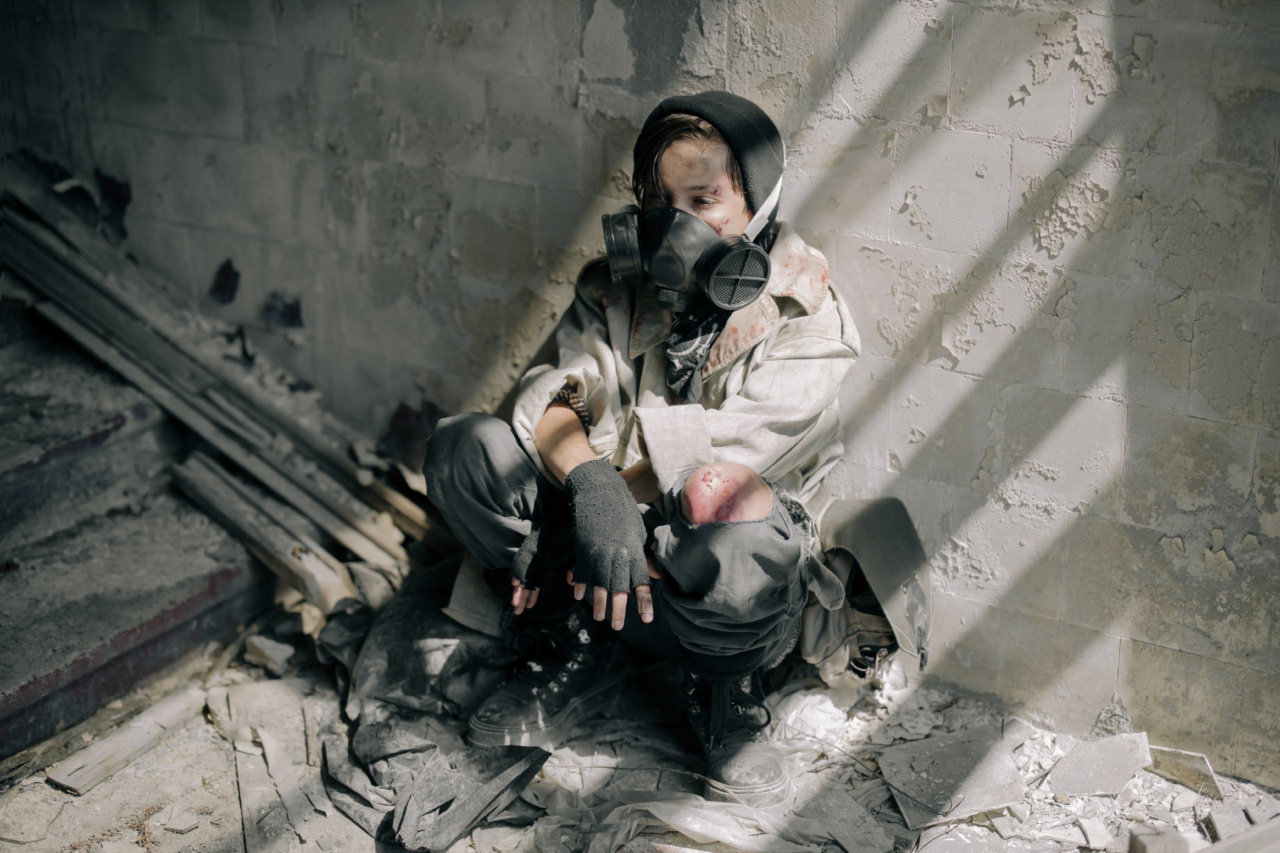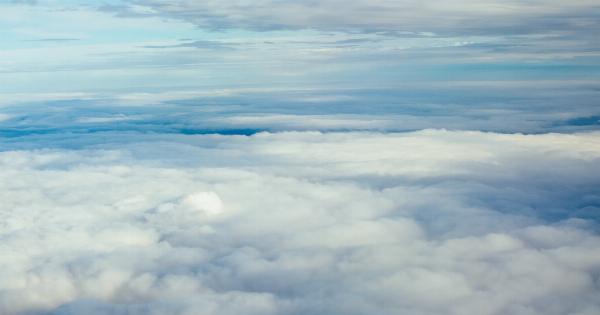Every day, the average person takes around 20,000 breaths.
It’s something we do without even thinking about it, but have you ever stopped to consider what exactly you are breathing in? Unfortunately, the air we breathe has become a deceivingly dirty reality.
What Are We Breathing In?
The air we breathe is made up of a mixture of gases, predominantly nitrogen (78%) and oxygen (21%). However, there are also smaller trace gases present in the atmosphere. These include carbon dioxide (0.04%), neon (0.0018%), and methane (0.00017%).
While these gases are generally harmless, it’s the pollutants in the air that pose a danger to human health.
Common pollutants present in the air include:.
- Particulate matter (PM2.5 and PM10)
- Nitrogen oxides (NOx)
- Sulphur dioxide (SO2)
- Carbon monoxide (CO)
- Ozone (O3)
These pollutants come from a variety of sources, including vehicles, industrial processes, and burning fossil fuels.
Health Effects of Air Pollution
Exposure to air pollution has been linked to a range of health problems, including:.
- Asthma
- Lung cancer
- Cardiovascular disease
- Respiratory infections
- Low birth weight
- Neurological damage
Children and the elderly are particularly vulnerable to the effects of air pollution, as their respiratory systems are still developing or may be weakened due to age or existing health conditions.
Global Air Quality
Air pollution is a global problem, with around 91% of the world’s population living in areas where air quality exceeds the World Health Organization’s guidelines.
The countries with the worst air quality are generally located in Asia and Africa. In countries such as China and India, air pollution is responsible for millions of premature deaths every year.
However, air pollution is not just a problem in developing countries. Cities such as Los Angeles and London also experience high levels of air pollution.
What Can We Do?
While there is no single solution to the problem of air pollution, there are a number of steps we can take to reduce our personal contribution to the problem.
- Drive less – try walking, cycling, or taking public transport instead of driving
- Reduce energy consumption – switch to energy-efficient appliances and turn off lights and electronics when not in use
- Avoid burning fossil fuels – switch to renewable energy sources such as solar or wind power
- Plant trees – trees absorb carbon dioxide and other pollutants from the air
- Support clean air policies – vote for politicians who prioritize clean air initiatives and advocate for policy change in your community
The Air We Breathe: A Basic Necessity
Clean air should be a basic human right, but unfortunately, it’s not a reality for many people around the world. However, by taking individual action and advocating for policy change, we can work towards a cleaner, healthier environment for all.






























